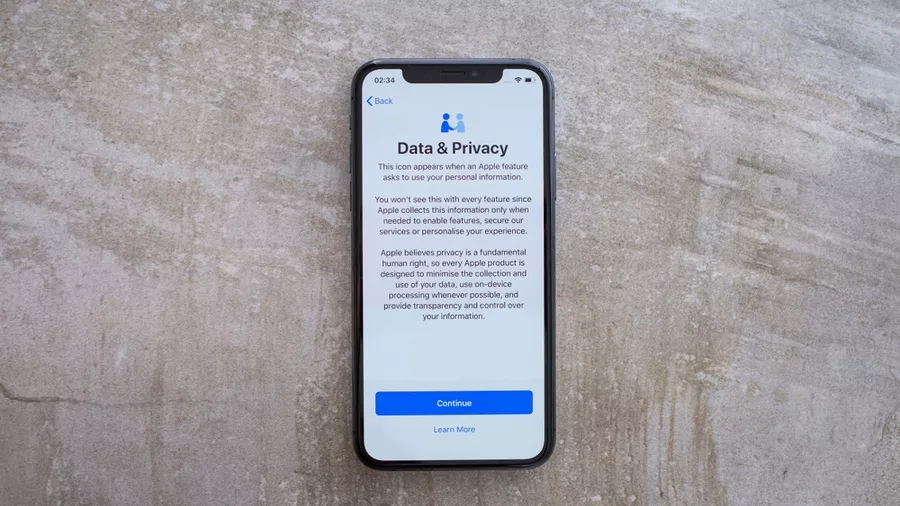Introduction:
In today's interconnected world, mobile devices have become an integral part of our lives. With the increasing reliance on smartphones and tablets, ensuring the security of user data and privacy has become a critical concern. In this blog post, we will delve into the realm of iOS security, exploring the measures and best practices that developers need to consider to protect user information and maintain user trust in the mobile age.
- The Importance of iOS Security:
Mobile devices, especially those running iOS, are vulnerable to various security threats. The sensitive data stored on these devices, such as personal information, financial details, and private communications, must be safeguarded against unauthorized access, data breaches, and malicious attacks. iOS security measures are essential for building user confidence and ensuring the protection of sensitive information.
- Encryption and Data Protection:
One of the core aspects of iOS security is encryption. iOS devices employ robust encryption algorithms to protect user data both at rest and in transit. The data is encrypted with unique keys, ensuring that even if unauthorized individuals gain access to the device, the data remains unreadable and inaccessible.
- Secure Authentication Mechanisms:
iOS offers various secure authentication mechanisms to prevent unauthorized access to devices and apps. These mechanisms include passcodes, biometric authentication (such as Touch ID or Face ID), and two-factor authentication (2FA). Developers should implement these features effectively to provide an additional layer of security for users' personal information.
- App Sandbox and Permission Model:
iOS utilizes an app sandbox model that restricts the actions an app can perform, thereby limiting potential security vulnerabilities. Apps are granted access to specific resources and data only through explicit user permission. Developers should adhere to these guidelines and request permissions from users in a transparent manner, ensuring that apps access only the necessary information.
- App Transport Security (ATS):
ATS enforces secure communication between apps and web services by requiring the use of secure network protocols and encryption. Developers must configure their apps to comply with ATS guidelines, using HTTPS for network communication and adhering to security best practices.
- Regular Updates and Patch Management:
Apple regularly releases iOS updates that address security vulnerabilities and introduce new security features. It is crucial for both users and developers to promptly install these updates to ensure they have the latest security patches and enhancements. Additionally, developers should follow best practices for secure coding and regularly review and update their apps to address any security vulnerabilities.
- Data Privacy and User Consent:
Respecting user privacy is paramount in iOS app development. Developers must obtain explicit user consent for data collection, clearly explain how the collected data will be used, and provide users with options to control their privacy settings. Adhering to privacy regulations, such as the General Data Protection Regulation (GDPR), is essential when handling user data.
- Penetration Testing and Security Audits:
Conducting regular penetration testing and security audits is crucial to identify and mitigate potential security vulnerabilities in iOS apps. These tests simulate real-world attacks and help uncover weaknesses that could be exploited. Developers should collaborate with security professionals or utilize automated tools to perform comprehensive security assessments.
Conclusion:
In the mobile age, iOS security is of paramount importance to protect user data and privacy. By implementing robust encryption, secure authentication mechanisms, and adhering to best practices such as app sandboxing, permission models, and ATS, developers can ensure the confidentiality, integrity, and availability of user information. Regular updates, privacy-focused practices, and rigorous security testing further contribute to building trust and maintaining a secure mobile ecosystem. By prioritizing iOS security, we can create a safer and more resilient mobile environment for users worldwide.
